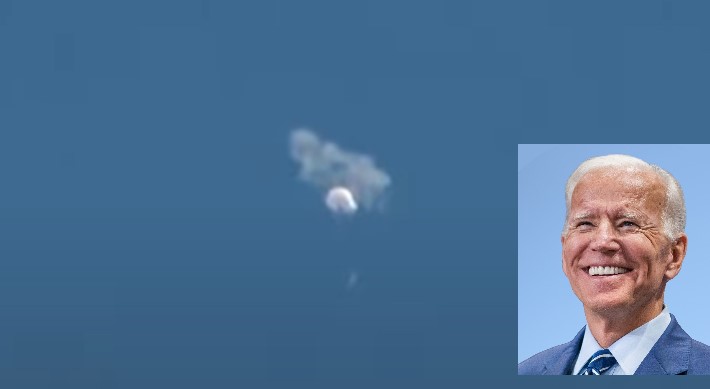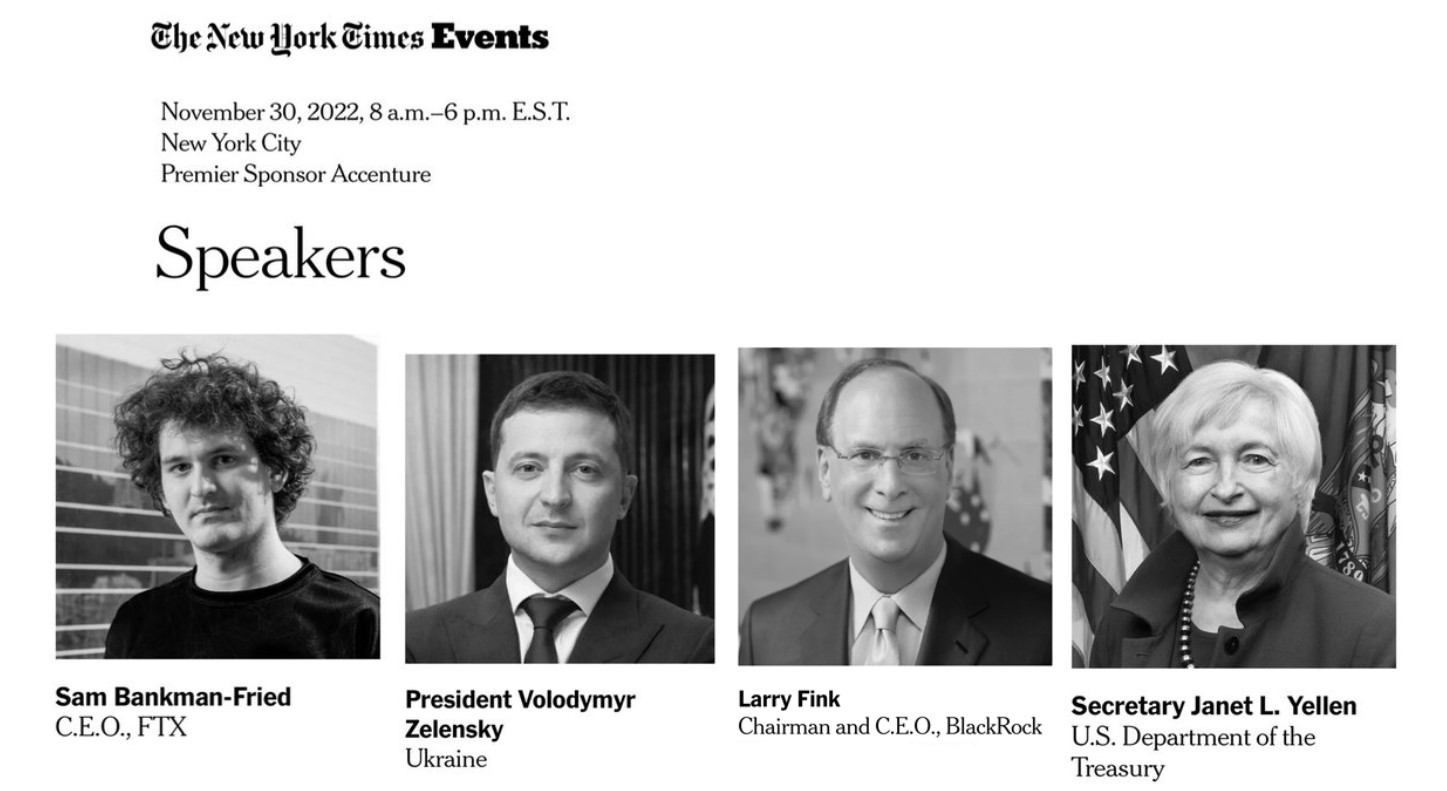Chile pulls out of Marrakesch
Chile has joined the growing exodus from the United Nations Migration Compact. It has become the latest country to withdraw, President's Sebastian Pinera's administration announced.
Published: December 11, 2018, 8:26 am
A spokesperson for Chile’s Interior Ministry subsecretary, told Chilean Sunday paper El Mercurio in an interview that the country’s representatives would not attend the event in Marrakesh.
“Our position is clear,” he said. “We have said that migration is not a human right. Countries have a right to determine the entry requirements for foreign citizens.”
Migrants have been flooding into Chile from Venezuela, Haiti, the Dominican Republic and Colombia, with its population increasing fivefold over the last 30 years.
The conservative Pinera was voted into office in March on a promise to enforce stricter border measures. Leftist opposition figures called the withdrawal “shameful and authoritarian” behavior.
The Chilean government has recently begun repatriation flights for Haitian migrants, deportations of criminal foreigners and has tightened visa controls.
Amnesty International (AI) meanwhile called the withdrawal by Chile “alarming”. It has also criticised Italy in a report released on the 70th anniversary of the Universal Declaration of Human Rights on Monday.
The report lamented the “erosion of the human rights of asylum seekers” and complained about the “xenophobic rhetoric of the political world”.
It said that Premier Giuseppe Conte’s government had “immediately distinguished itself for repressive management of the migratory phenomenon”.
Interior Minister and Deputy Premier Matteo Salvini, dismissed the report. “Drug-dealers, mafiosi, delinquents and illegal immigrants do not have asylum in my country,” he said. “My conscience is clean and I’m going to keep going”.
Though Denmark has not withdrawn from the pact, immigration minister Inger Støjberg will be skipping the summit. She recently announced plans to ship migrants rejected for asylum to an uninhabited island in the Baltic Sea, where contagious diseases are studied.
Last week, Marcel de Graaff, warned that the migration pact would make criticism of migration a “criminal offense”. De Graaff is a Dutch member of the European Parliament from the Party for Freedom, which cooperates with Geert Wilders.
The UN Compact is “declaring migration as a human right,” de Graaff told reporters. “So it will be impossible to criticize ‘welcome migrants’ politics without being at risk to be jailed for hate speech.”
Although the UN Global Compact claims that it is “in full respect for the freedom of the media”, the UN banned the Canadian outlet Rebel Media from attending the conference for the adoption of the UN Global Migration Compact.
When Rebel Media asked for an explanation, they were told that the UN, “reserves the right to deny or withdraw accreditation of journalists from media organizations whose activities run counter to the principles of the Charter of the United Nations, or who abuse the privileges so extended or put the accreditation to improper use or act in a way not consistent with the principles of the Organization. The decisions are final”.
The UN has meanwhile slammed the “xenophobic” phrases such as “illegal immigrant” which it said was fuelling the “negative reactions” to its Migration Compact.
But Belgian international law expert Pierre d’Argent has warned that spats over wording, including the notion of “non-binding” are deceptive. He said the UN proposes a “framework” which could be used by lawyers in future.
Professor d’Argent, from the Université Catholique de Louvain, said: “The pact itself says that it establishes a framework of legally non-binding cooperation. It is a political instrument…”
He told RTBF that “in some cases before international jurisdictions, lawyers use this pact as a reference tool to try to guide them”.
German law professor Matthias Herdegen also believes that the Compact would be binding. Breitbart London reported that Herdegen said it occupied a “legal grey area”, which “gives the impression of [state] liability”.
Roughly 258 million people are on the move worldwide — a 49 percent increase over 2000.
UN members states adopted the Compact in Marrakech on Monday, defying critics. A total of 150 governments were represented at the UN conference at Heads of State level or by senior officials.
All rights reserved. You have permission to quote freely from the articles provided that the source (www.freewestmedia.com) is given. Photos may not be used without our consent.
Consider donating to support our work
Help us to produce more articles like this. FreeWestMedia is depending on donations from our readers to keep going. With your help, we expose the mainstream fake news agenda.
Keep your language polite. Readers from many different countries visit and contribute to Free West Media and we must therefore obey the rules in, for example, Germany. Illegal content will be deleted.
If you have been approved to post comments without preview from FWM, you are responsible for violations of any law. This means that FWM may be forced to cooperate with authorities in a possible crime investigation.
If your comments are subject to preview by FWM, please be patient. We continually review comments but depending on the time of day it can take up to several hours before your comment is reviewed.
We reserve the right to delete comments that are offensive, contain slander or foul language, or are irrelevant to the discussion.

Ohio disaster: When hedge funds manage rail traffic
East PalestineAfter the derailment of a freight train loaded with highly toxic chemicals in the US state of Ohio, a devastating environmental catastrophe may now be imminent. The wagons burned for days, and a "controlled" explosion by the authorities released dangerous gases into the environment.

US President Biden orders ‘spy’ balloon to be shot down
WashingtonThe US President gave the order to shoot down China's "spy balloon". The balloon had caused US Secretary of State Blinken to cancel a trip to Beijing. In the meantime, a second balloon was sighted.

US is heading for a financial ‘catastrophe’ US Treasury Secretary warns
WashingtonOn January 19, 2023, the United States hit its debt ceiling of $31.4 trillion. The country faces a recession if it defaults on its debt, the US Treasury Secretary warned in an interview. Her warning underscored the danger of printing money.

Gun violence: More risk in Chicago and Philadelphia than Iraq, Afghanistan
Providence, Rhode IslandA striking statistic: young Americans are several times more likely to be injured by a gun in cities like Chicago and Philadelphia than they are while serving as a soldier in a foreign country.

Elon Musk, the first person in history to destroy $200 billion in a year
Never before in human history has a person lost as much money in one year as Elon Musk did in 2022. The Tesla and Twitter boss lost $200 billion last year. However, with his remaining $137 billion, he is still the second richest person in the world.

Extreme cold and winter storms sweep across US
More than a million households without electricity, thousands of canceled flights, temperatures in the double-digit minus range and already 41 fatalities: The US is being overwhelmed by an enormous cold wave.

Soros sponsors violent leftists and anti-police lobby as US crime surges
WashingtonThe mega-speculator and "philanthropist" George Soros remains true to himself – he has been sponsoring anti-police left-wing groups with billions of dollars.

FTX Founder Sam Bankman-Fried arrested after crypto billions go missing
NassauHe is no longer sitting in his fancy penthouse, but in a cell in the Bahamas: Sam Bankman-Fried (30), founder of the crypto company FTX, is said to be responsible for the theft of 37 billion euros. An interesting fact is that media in the EU have so far kept this crime thriller almost completely secret.

How Twitter helped Biden win the US presidency
WashingtonThe short message service Twitter massively influenced the US presidential election campaign two years ago in favor of the then candidate Joe Biden. The then incumbent Donald Trump ultimately lost the election. Internal e-mails that the new owner, Elon Musk, has now published on the short message service show how censorship worked on Twitter. The 51-year-old called it the “Twitter files”.

Alberta PM suspends cooperation with WEF
EdmontonThe newly elected Premier Danielle Smith of the province of Alberta in Canada has recently made several powerful statements against the globalist foundation World Economic Forum and its leader Klaus Schwab. She has also decided to cancel a strange consulting agreement that WEF had with the state.

